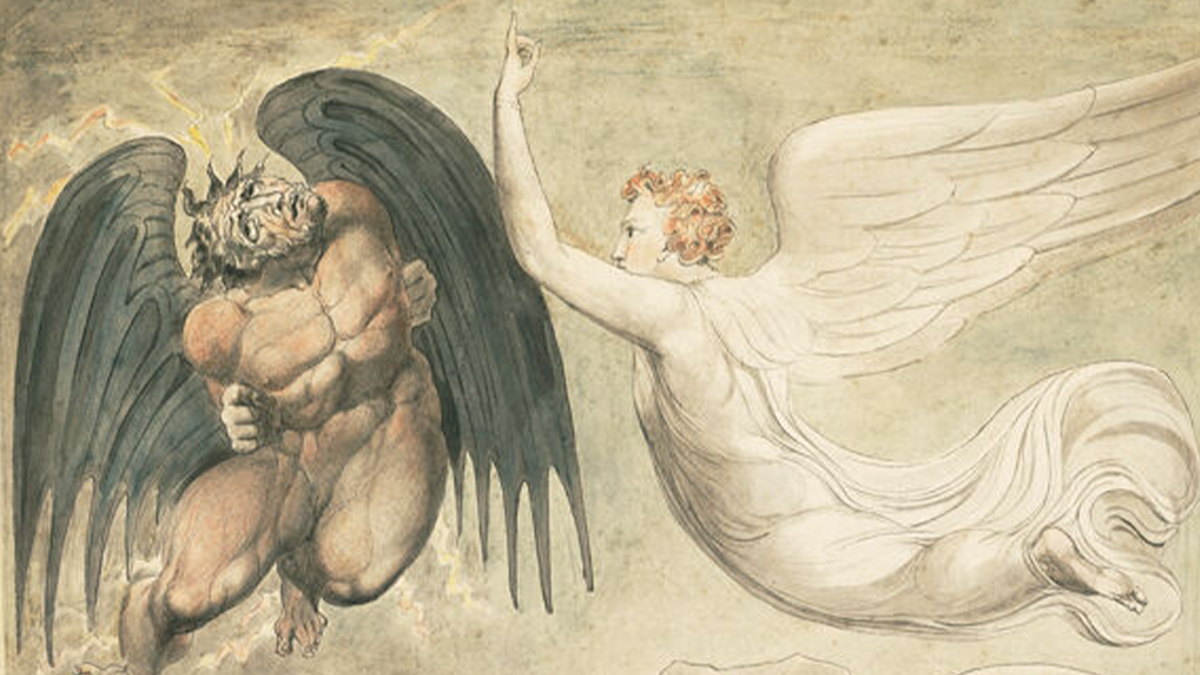Belief in the inherent evil of people or the world can lead us into hostile, tribal thinking that makes us more likely to carry out evil acts ourselves, writes David B. Wong. Classical Chinese philosophy teaches us that our capacity for good and evil is complex and responds to our environment. We should check our own perceptions and beliefs by engaging in open discussion and finding common ground to work together for a shared good.
It is a serious matter to call people evil for what they do or who they are. It is also inherently ambiguous. That human beings have it within them, under some circumstances, to intentionally commit terribly wrong, enormously destructive acts against others is among the most important truths we must accept about ourselves. This sense of ‘evil’ points to what we do as evil, and to ourselves as capable of it. However, we sometimes mean, in calling someone evil, something much harsher—that the tendency to commit these acts is a fixed and incorrigible feature of their character. This second sense draws our attention away from the role of the circumstances that engage with our capacity to harm and destroy.
Most of us are familiar with the circumstances that engage with our own capacity to do what is inexcusably wrong. For example, we feel aggrieved by what others have done to us and seek payback. Anger and fear can lead to disproportionate response and to harming not only the perceived offender but also others connected with them. If we are aware that what we are doing is usually wrong, we point to “exceptional” circumstances as justifying our acts. Not everyone is so charitable to themselves, but it is common to fail to give to others the sympathetic understanding we award to ourselves, especially if the others belong to another “tribe.”
One plausible explanation of the tendency to believe others to be inherently evil goes back to the tribal tendencies that help people to fight for their group when in competition with other groups for resources. It becomes easier to harm others if one believes them to be evil. This may be connected to the tendency to be more motivated to defend one’s group against an aggressor as compared to the situation in which one’s own group is the aggressor. The Israeli-Palestinian conflict features each side pointing to horrific acts of the other side as justifying its response. Civilian status offers little protection against retaliation for these acts.
Trump regularly employs the tactic of portraying those he seeks to rally to his cause as the victims of aggression, as in his 2015 announcement in his bid for the presidency that Mexico sends to the U.S. people who bring drugs, crime and rape with them. In the U.S., U.K. and continental Europe, hostility to immigrant groups commonly arrives in the form of accusations of criminal behavior. When perceptions of increased criminality converge with economic and cultural insecurity (“they’re taking our jobs,” and “they’re aiming to replace people like us”), it’s a potent brew for hostility and aggression rationalized as defense.
___
Judgments about evil as intrinsic to and definitive of character, whether limited to others or applied universally to human nature, can function as self-fulfilling prophecies.
___






















Join the conversation